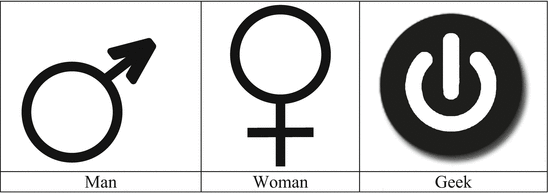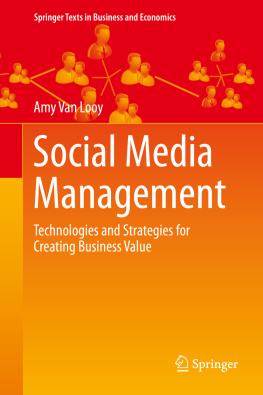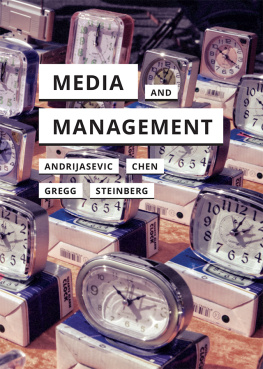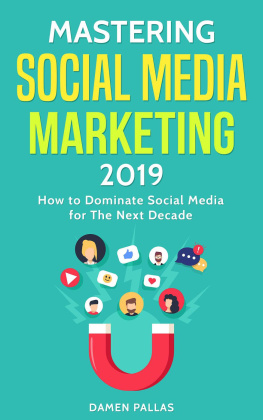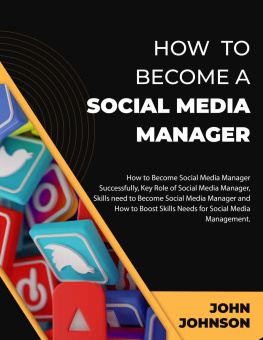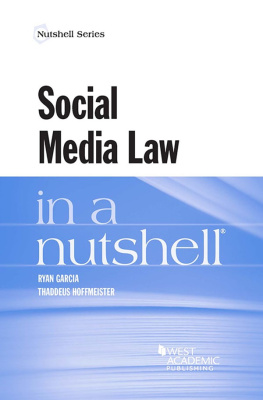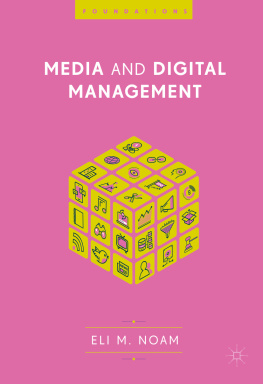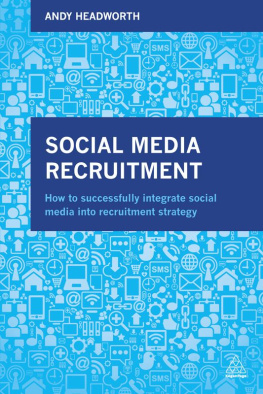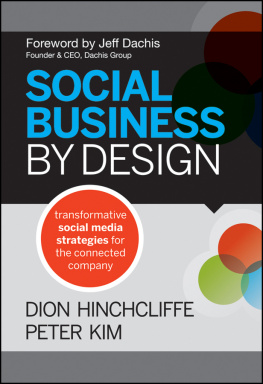1.1.1 What Happens on the Internet?
Nowadays, children are part of a digital generation, and they can hardly image a world without the Internet, smartphones, tablets, games, and apps. Still, only a few decades ago, this was normal business. See, for instance, the following video in which children of today react to computers from the 1980s: https://www.youtube.com/watch?v=PF7EpEnglgk#t=440#t=25 .
Instead, another video shows the world of today: http://www.youtube.com/watch?v=QUCfFcchw1w .
Social media can be seen as part of the Internet evolution. While the first Internet generation primarily looked for information in the 1990s, we now use the Internet to share information and opinions and to collaborate or participate in online content. Given its high impact on our daily lives and on todays economy, the Internet can also be called a revolution instead of only an evolution.
The Internet impacts on both online and offline relationships. For instance, more people meet online and dating sites are flourishing. While the content of social media tool s (e.g., Twitter, Facebook, YouTube, Google+) might get censored to some degree in certain countries (e.g., China), other countries (e.g., Egypt) accept that babies are named after Facebook or Twitter. Nevertheless, many people have already shared online pictures of offline events, possibly without well considering who might actually see those pictures. For instance, what if anyone can see pictures of your holiday or party (lets say your ex-partner, your parents, or total strangers)? Bloomers or blunders are easily made if the access rights are not strictly defined or if you release pictures to all your Facebook friends without considering that also your parents are on your list of Facebook friends, for instance.
Social media may also have a business impact. For instance, regarding someones career, what if an (current or future) employer can see personal pictures of employees or candidates on social media ? Furthermore, organizations seem forced to adopt social media and even to adapt to social media content, because people tend to have more trust in online recommendations about a brand and its products or services rather than in traditional advertisements.
Given the impact of social media on offline relationships and organizations, it seems that the concept of word of mouth is changing towards world of mouth. The former refers to people talking to each other and influencing each other, which is relevant as people tend to believe their friends and family more than an organization that tries to sell its products or services. By changing the term word to world, it is emphasized that the Internet allows to potentially reach out to almost everyone around the globe. The latter also counts for organizations, e.g., by means of viral campaign s which take advantage of a wider spread.
Infographics can be found with a snapshot of what an Internet user will miss when he/she shuts down the Internet for only a minute. For instance, in 2013, the following examples were frequently cited:
BuzzFeed: http://www.youtube.com/watch?v=Uiy-KTbymqk#t=35
Domo: http://www.domo.com/blog/2012/06/how-much-data-is-created-every-minute/
Go-Globe: http://gizmodo.com/5813875/what-happens-in-60-seconds-on-the-internet
Intel: https://plus.google.com/photos/+Intel/albums/5725383370350498033
Qmee: http://blog.qmee.com/qmee-online-in-60-seconds/
These infographics do not use the same data sources, which makes a direct comparison difficult. Nonetheless, the amounts per minute are astonishing and give an indication of the rising Internet and social media use. For instance, in 2013, they already reported on approximately six new Wikipedia articles published per minute, almost 200 million mails sent (of which mostly spam), more than 100 new LinkedIn accounts, or more than 2 million Google search queries per minute. Such infographics illustrate that many people seem almost addicted to the Internet. Every free minute, they check their mailbox, browse the Internet, or participate on social media. The Internet may even distract you while studying for an exam or while working. Hence, it might be tempting to open a web browser and start browsing, looking for what others are currently doing, etc.
1.1.2 Could You Live Without the Internet?
In 2012, an American journalist decided to find out what his life would be like without the Internet. He was tired of the modern way of living with its constant impulses from the Internet. Hence, The Verge magazine paid him to stay off the Internet during a whole year and to report on his findings. After 1 year offline, he did not feel better. He disagreed with the assumption that the Internet would make people lonely and/or stupid, as the Internet is where people are and allows to keep in touch with people. For instance, the journalist missed the regular Skype sessions with his family and the pictures of his rapidly growing nieces and nephews that were usually sent by email. To conclude, he explained that it is a matter of finding the right balance between a digital identity and a real identity, since the Internet will never replace personal relationships (The Verge ).
The Internet has become so ingrained in our daily lives that we might not always realize its omnipresence. For instance, take a moment to look at your own environment and find out how many people have a smartphone or a tablet, in addition to or in place of a traditional computer or laptop. The power of the Internet has also challenged the typical distinction between men and women, resulting in a third and gender-neutral category, called geek .
Figure shows that the geek category can be symbolized by the typical power button of electronic devices. Similarly, it refers to those men and women who are extremely interested in IT (which also comprises new technologies, such as social media ). For instance, geek people will be the first to know whenever a new smartphone is released. They are typically highly active on social media tool s (e.g., Facebook), and many geeks have their own blog to share their experience. These examples illustrate that geeks are not limited to technical profiles (e.g., software developers), but may involve anyone (even you?) who agrees that IT and social media are exciting and fun.
